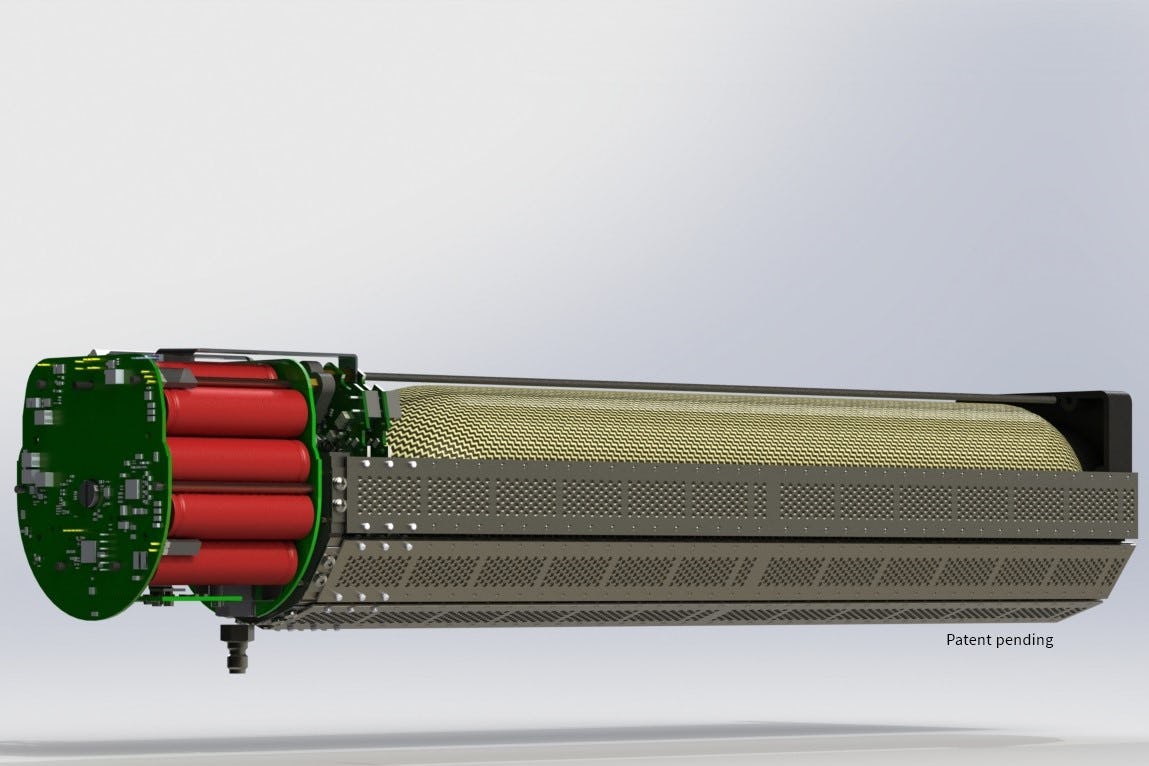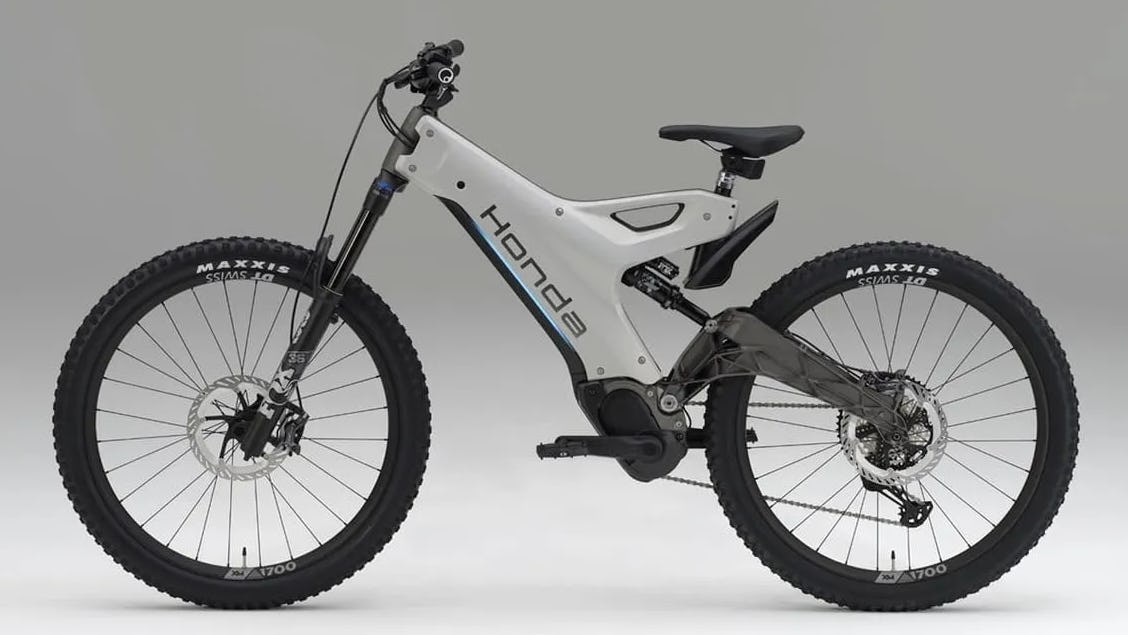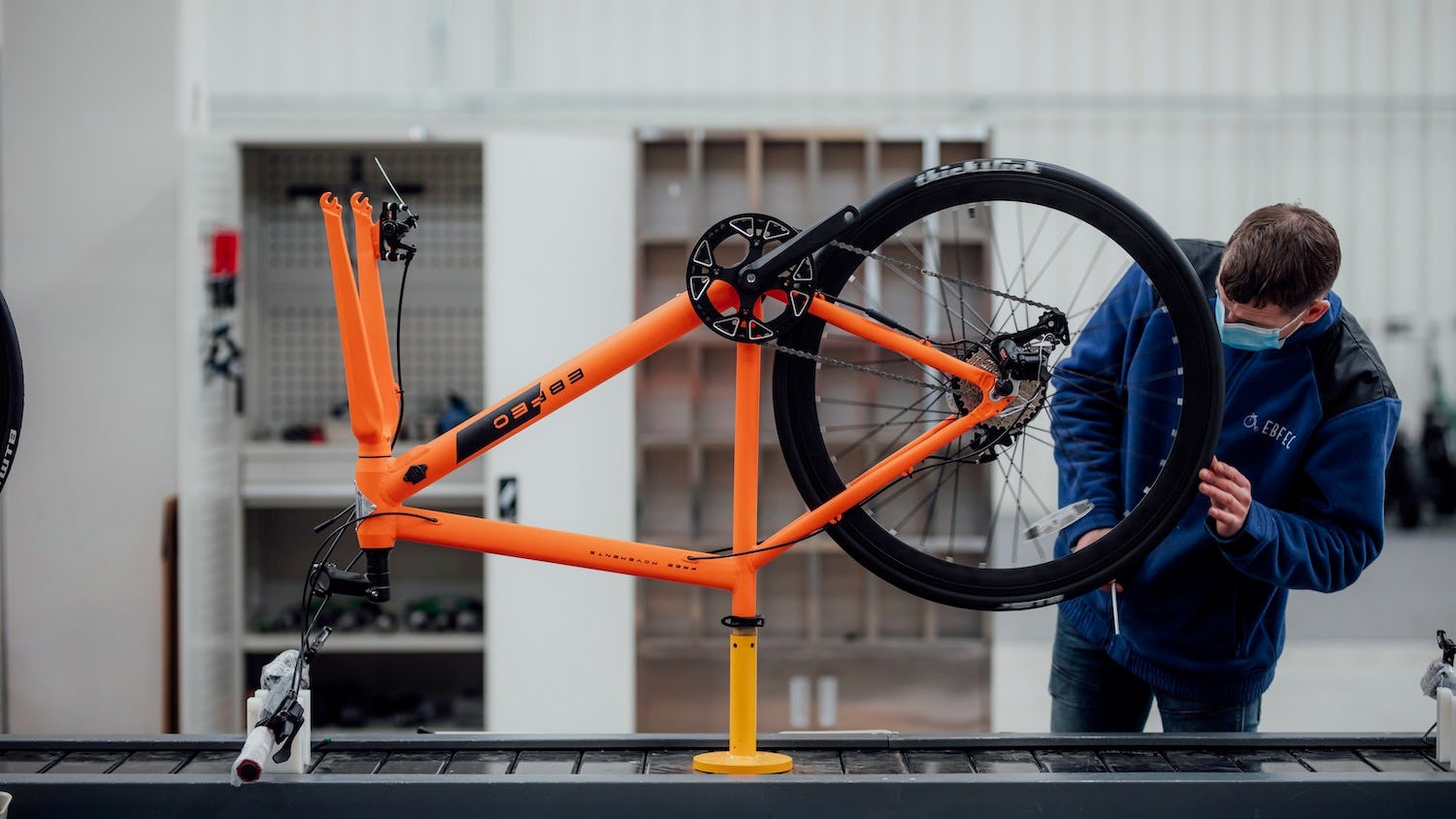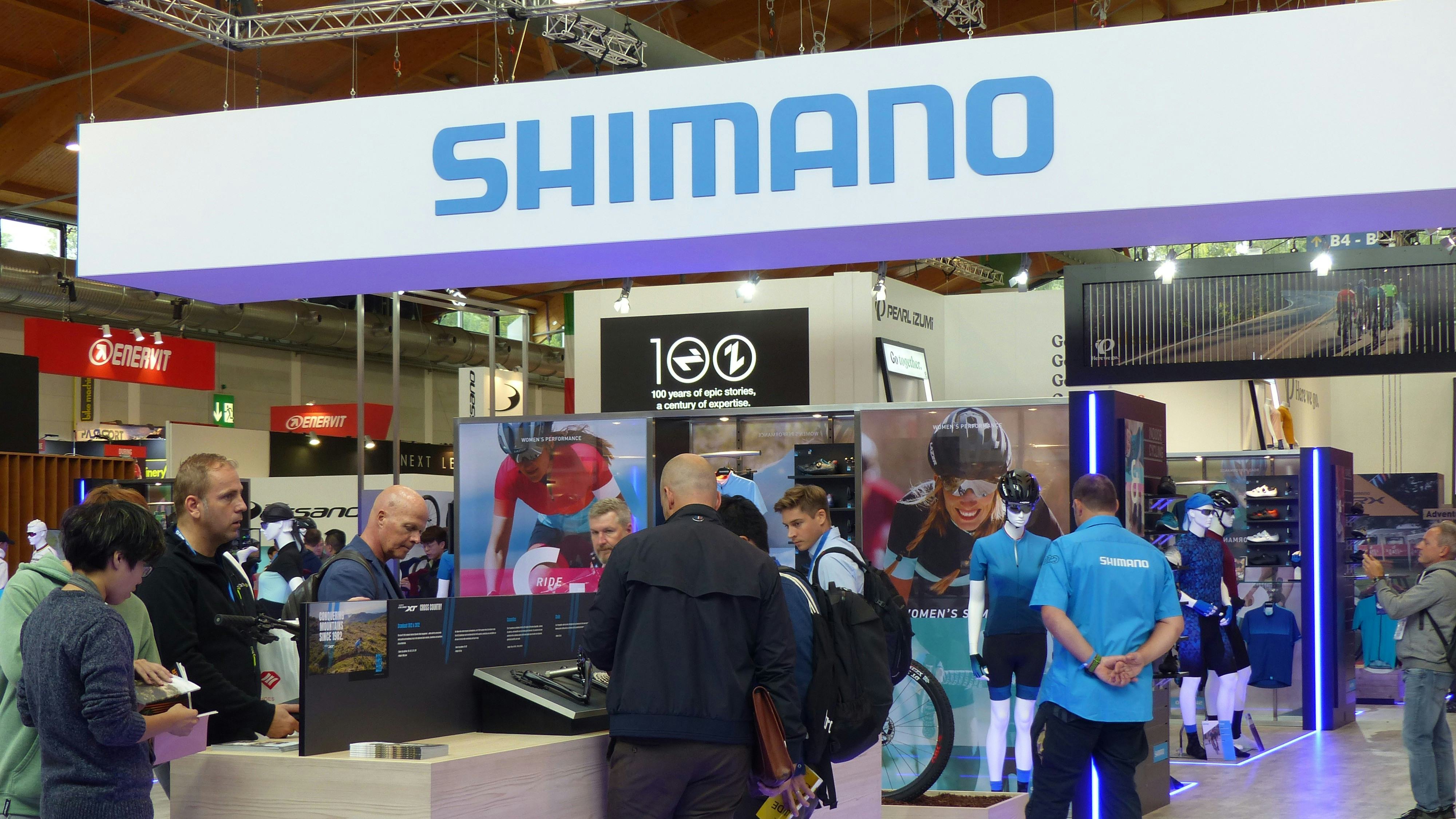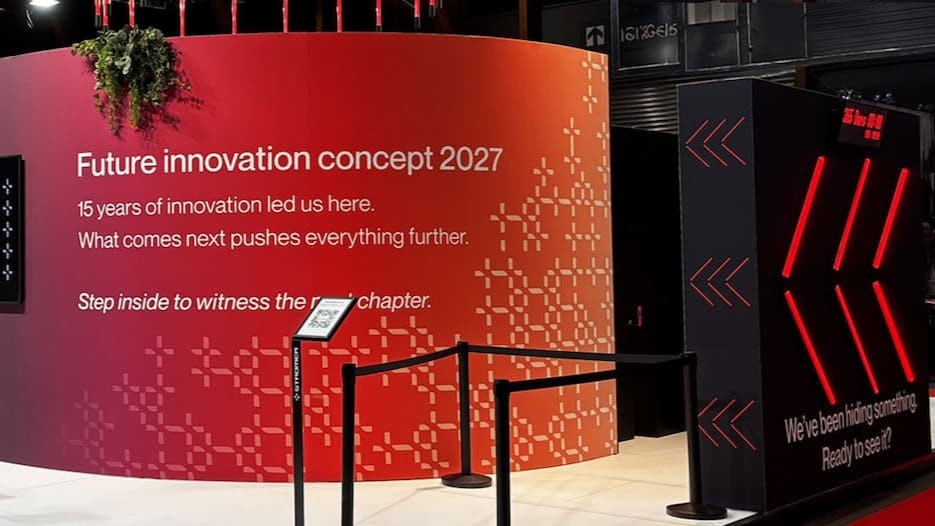myFC’s reference to ‘a global bicycle system manufacturer from Japan’ already raised some questions in the Swedish media. According to the news platform ‘Allt om ecycklar’ (All about e-bikes) myFC CEO Michael Glantz reveals details on the company website that clearly point to Shimano.
Japanese component manufacturer
According to Glantz, myFC has an agreement with, “a Japanese manufacturer of bicycle systems which dominates the market. They are investigating the possibility of using microfuel cell technology to extend the range, increase the operating time and reduce the weight of e-bikes.”
“The development partner is a highly respected company by bicyclists and e-bicyclists around the world, and I am honored to cooperate with them. This cooperation is an important step toward a breakthrough for hydrogen systems in e-bikes and the commercialization of myFC’s patented technology,” says Michael Glantz, CEO of myFC.
Shimano reaction
In a first response Shimano wrote to Bike Europe, “we are constantly working on the development of new products. However, we do not comment on speculation about products, whether they are in development or not.”
According to a report by Hydrogen Central, the initial order for the cooperation came from Lightec Inc. in Tokyo, Japan, that represents a global component manufacturer in e-mobility.
Or Yamaha?
Besides Shimano, another potential partner from Japan could be Yamaha. When asked, Yamaha Motor Europe President Eric de Seynes stated that he “has not heard of any cooperation agreement between Yamaha and myFC.”
The cooperation agreement covers the development of a proof of concept, which is expected to continue through until the end of this year. No additional order, other than that which was already announced, has been made.
myFC is listed on Nasdaq First North Growth Market since 2014 and was therefore obliged to publish the information of the cooperation public pursuant to the EU Market Abuse Regulation.
Less weight and environmental friendly
“We will replace the larger part of the battery in their e-bike system with fuel cells and a hydrogen tank, to get a lighter bike with the same dimensions and a much faster option for refueling than charging. As an added benefit, green hydrogen gas is perfectly environmentally clean,” says Michael Glantz.
“The technology can be built into the frame of the bikes, and then keeps the battery fully charged. When the hydrogen gas runs out, it is a quick process to refill the tank, it only takes a few minutes. We can also see that an infrastructure for the sale of hydrogen in lightweight containers the size of ordinary soft drink bottles, easily could be built up with sales at petrol stations for example. There are already examples of this in Estonia.”
myFC is not the first showing e-bike fuel cell technology. In 2015 German Linde showed a similar bicycle while Cycleurope and the French company Pragma Industries did the same one year earlier.

